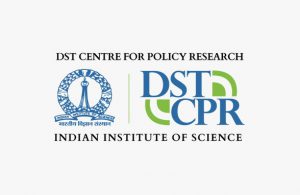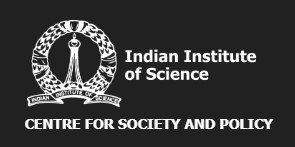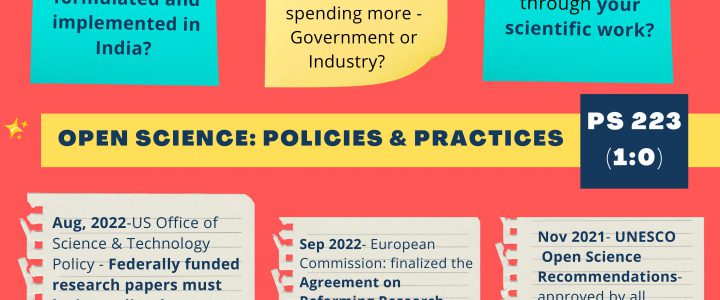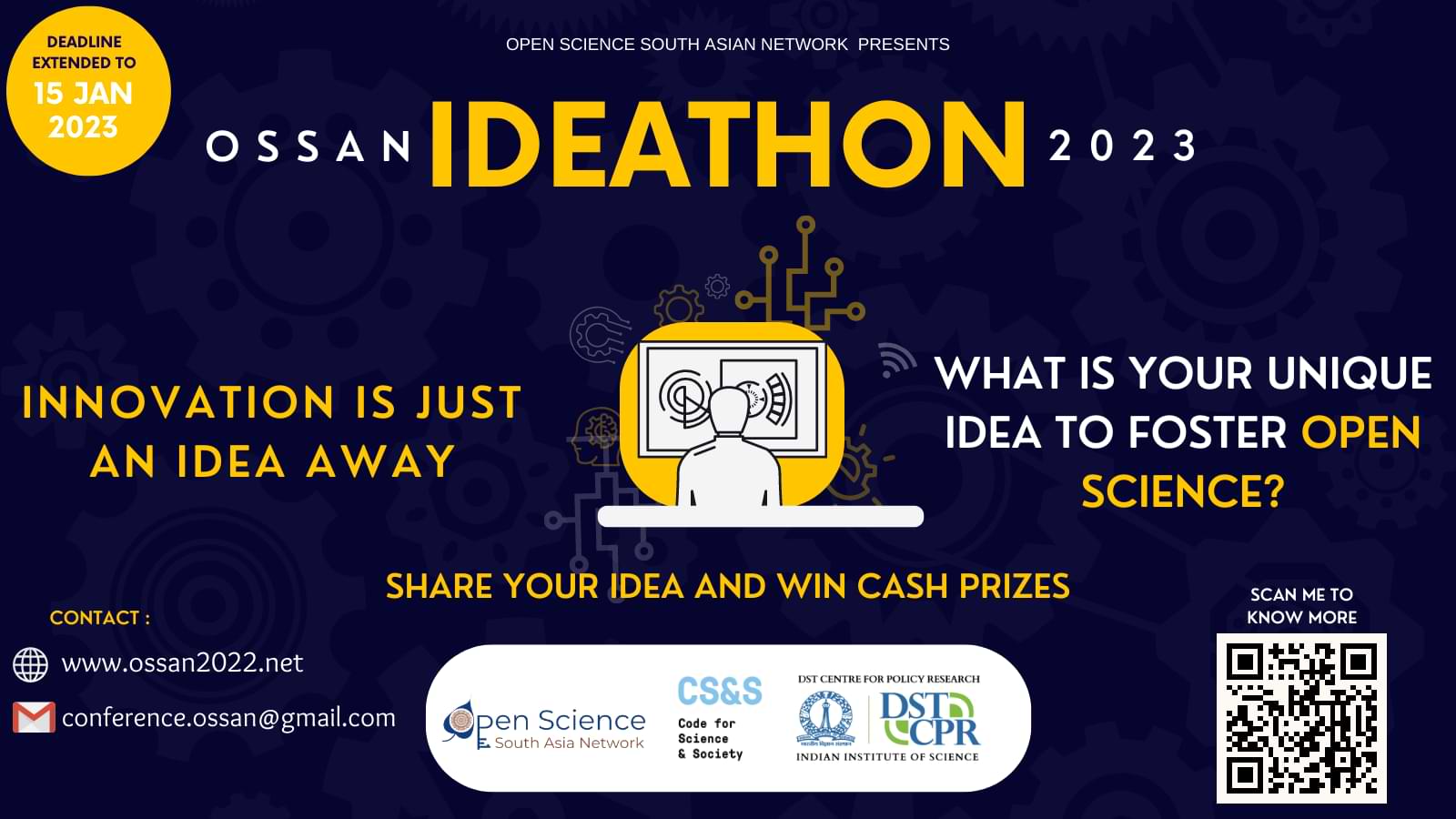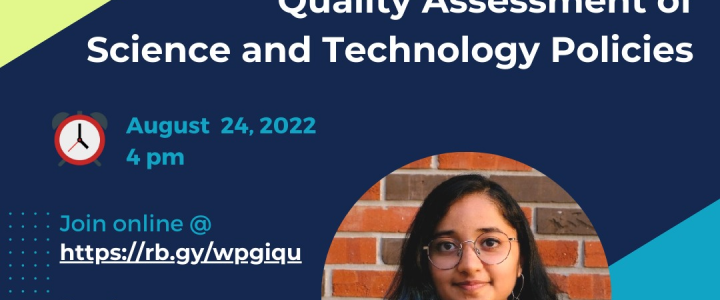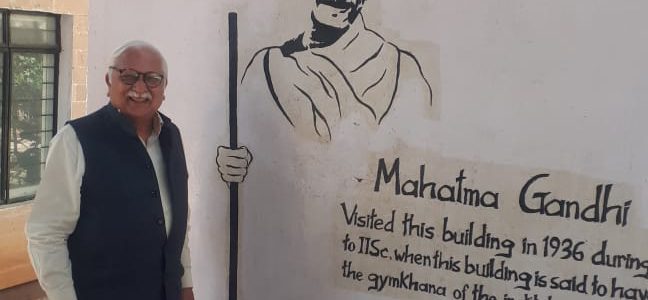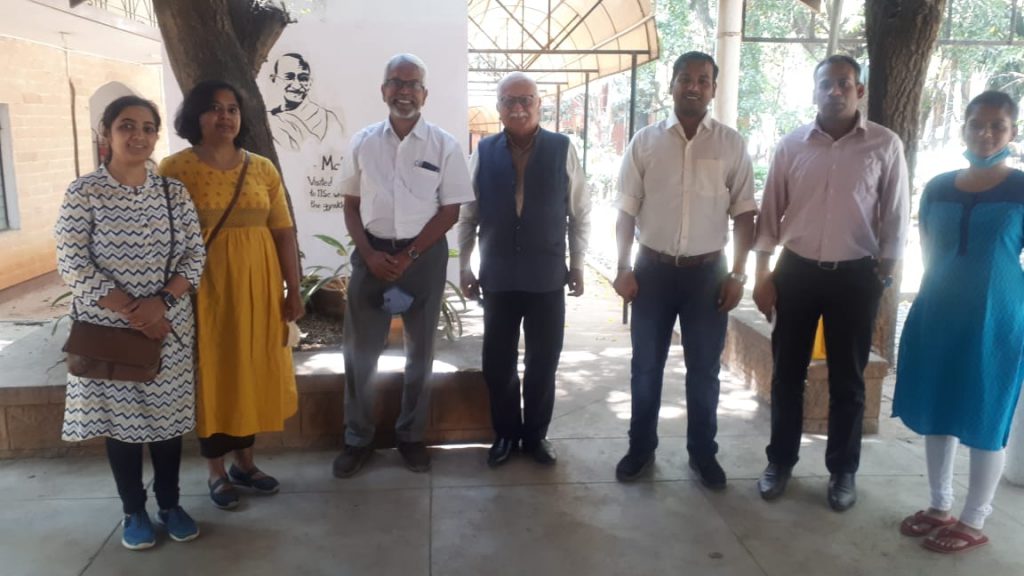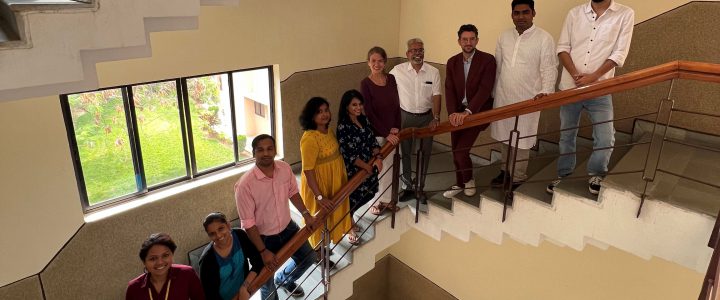This course will provide:
– basic concepts and on-going debates in STI policy in India
– overview of governing institutions, stakeholders, and policy processes
– an opportunity to build deeper insights into some of the contemporary policy issues.
Topics: Fundamentals of Public Policy; Concepts in Science, Technology, and Innovation (STI); Science as a social activity; Systems of innovation; Public policy and STI; Public / Government support and funding of science; Policy process: Evidence synthesis; Stakeholder consultations; Policymaking,
cross-linkages, implementation, assessment, evaluation.
Impact & Evolution of STI Policies in India; SPR-1958, TPS-1983, STP-2003, STIP-2013, Draft STIP-2022
Case Studies on: Challenges in policy-program translation and stakeholder ownership; Comparative case study on policy processes of SPR 1958, TPS 1983, STP 2003, STIP 2013 and 5th national STIP; AI Ethics / Cross-broader Data governance.
Debates on: Rethinking national research funding; Future of STEM workforce
Text / References:
1. Nichols, Rodney (2011):
Review of “The Science of Science Policy: A Handbook”, edited by Kaye Husbands Fealing, Julia I. Lane, John H. MarburgerIII, and Stephanie S. Shipp. Review of Policy Research, p 28.
2019.
Topics: Historical accounts of open science and scholarly communications; Diversity of scholarly communication approaches in different disciplines; The current models of scholarly communications and copyright law; Copyright as user’s right, exceptions, and limitations relating to educational and research uses; The case against the current model of scholarly publication & future of scholarly communication; Importance of open science in STI ecosystem; Open science: policy & practices



